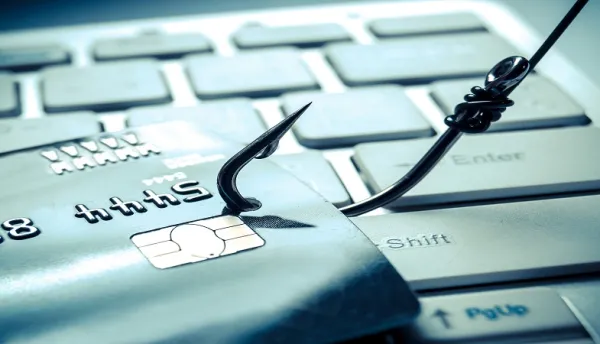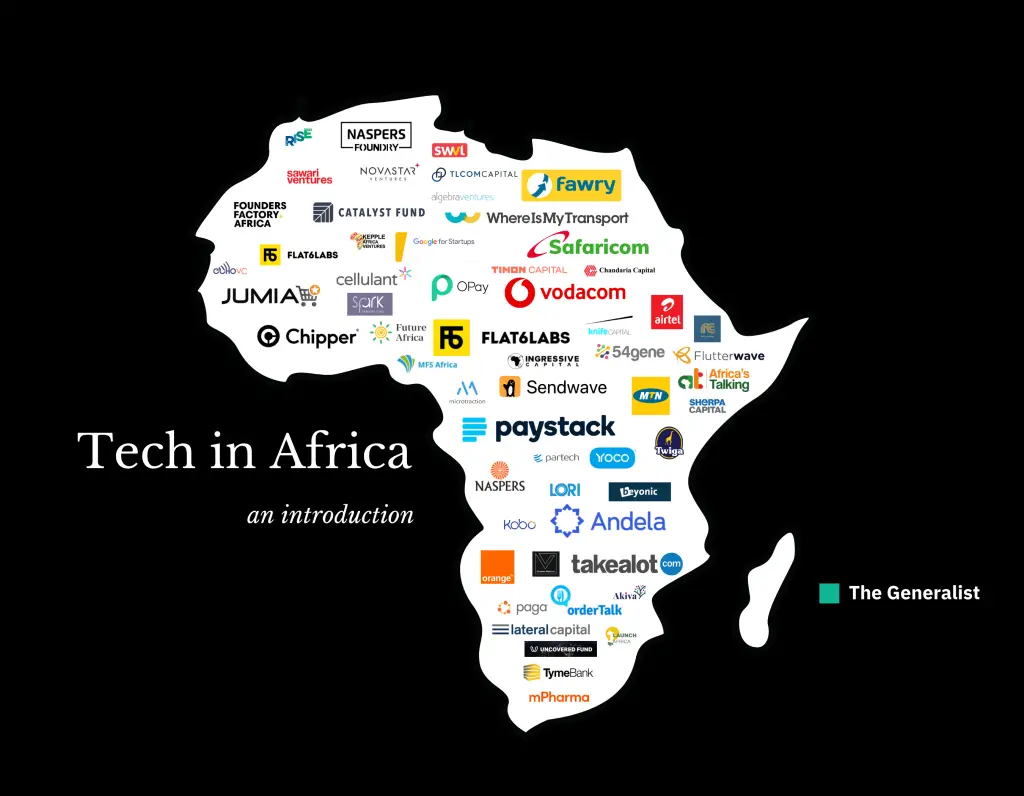- Africa’s new dawn: the rising role of digital and AI in agriculture
- Can Dangote Refinery Transform Africa Energy Ambition
- Gallup Survey: 80 per cent of Kenyan Workers Are Disengaged and Seek New Opportunities
- Madagascar Man Freed from 5KG Tumor After 15-Year Struggle
- How women in Africa are perceived and treated
- Sugar consumption in Kenya to Increase to 1.23 Million Tonnes
- Can Somalia and Turkey Oil deal Bring Change in Somaliland
- Remittances to Kenya dropped to $371.6 million in June, marking a six month low
Browsing: Cybercrime
- Cybersecurity, corruption, and policy shifts have been cited among the top issues that Kenyan businesses will have to confront in 2024.
- In 2022, Kenya suffered a loss of at least $153 million to cybercrime, which is projected to rise by 14 per cent annually.
- A new report ranks Kenya as the second most difficult country for businesses in EAC after South Sudan.
Cybersecurity, corruption, and policy shifts have been cited among the top issues Kenyan businesses will have to confront in 2024.
The latest Risk Barometer by underwriting giant Allianz, reveals that in Kenya’s complex and dynamic business environment, several challenges loom, casting shadows on the entrepreneurial spirit that drives the economy.
The high cost of living directly impacts consumer spending, affecting businesses across sectors. A weakening currency coupled with inflation also threatens businesses and the economy.
According to Allianz Commercial CEO Petros Papanikolaou, the key challenges for companies …
Phishing is a strong attack method because it is done on a large scale. It stressed that by sending massive waves of emails under the name of legitimate institutions or promoting fake pages, malicious users increase their chances of success in their hunt for innocent people’s credentials.
The article explained that phishers deploy a variety of tricks to bypass email blocking and lure as many users as possible to their fraudulent sites, adding that a common technique is HTML attachments with partially or fully obfuscated code. It stressed that HTML files allow attackers to use scripts, and obfuscate malicious content to make it harder to detect and send phishing pages as attachments instead of links.
According to a recent Interpol report, about 90 per cent of African businesses are operating without the necessary cybersecurity protocols and, therefore, are exposed to cyberattacks. The report also noted that there were more than …
- A sense of well-being encompasses a wide range of factors, including access to education and employment, as well as the lack of armed combat or threats
- Digitization has provided a cheap, secure source of finance to populations in need and improved government transparency in countries where graft and corruption are a huge concern.
- Technological change has also resulted in increased productivity which has in turn improved African’s standards of living
When we think about the quality of life, the first thing that comes to mind is the degree to which an individual is healthy, comfortable, and able to participate in or enjoy life events.
A sense of well-being encompasses a wide range of factors, including access to education and employment, as well as the lack of armed combat or threats.
It is also relative, subjective and has intangible components, such as spiritual beliefs and a sense of belonging.
Rapid
The penetration of Information Communication Technology use in Africa has grown tremendously in the new millennium. Close to 600 million (43%) Africans now have access to the internet, up from 4.5 million in 2000. This growth in the use of ICT has brought with it a rise in illicit online activities.
The information found on the internet is largely unfiltered and this exposes the population to fake news and manipulation by scammers. One common scam is the ‘419’ email scam, which derives its name from Nigeria’s criminal code section 419. These scams were common in Nigeria in the 1990s’ and are also referred to as the advance fee scam. It basically involves promising someone a large sum of money if they can pay a certain processing fee.
Even though the tactic may seem ineffective to the techno savvy who are very aware of this old trick, it can be very …
The rise of digital technology presents a myriad of new inventions and conveniences and changes how people interact, communicate, and do business.
The immense benefits of technology carry with them cybersecurity risks. Given the complex and sometimes obscure nature of cyber threats, they are usually difficult to comprehend, identify and control.
Issues of outright theft, hacking, piracy, identity theft, and information misappropriation, among other cyber-related activities, come to the fore when it comes to cyber risks. In addition, national security risks exist in the digital space that poses a significant threat.
According to consulting firm Ovumone, it is estimated that the end of 2022 will see over a billion people having access to the internet. The rising internet access and improved digital usage open up the continent to increased online criminal activity.
…“Cybercrime is shifting towards emerging economies. This is where the cybercriminals believe the low-hanging fruit
How criminals capitalized on lax security
The world was caught with its guard down by a Hollywood doomsday scenario, the infamous Coronavirus alias Covid-19 but not all were hoodwinked in fear for criminal enterprises capitalized on the pandemic.
Some coldly honest person once said ‘war is an opportunity for profit’! Some terrible opportunists have equally seized the chance to profit from the global pandemic.
Criminals have exploited the pandemic, says the Europol 2020 report, as governments relaxed controls to speed up healthcare and social protection and as companies increased system integrations.
As organizations and governments are increasing and allowing ever so much system integrations to reduce physical contact, criminals have used the COVID-19 crisis to distribute various malware and to hack into otherwise very secure systems.
“Cybercriminals are also likely to seek to exploit an increasing number of attack vectors as a greater number of …








